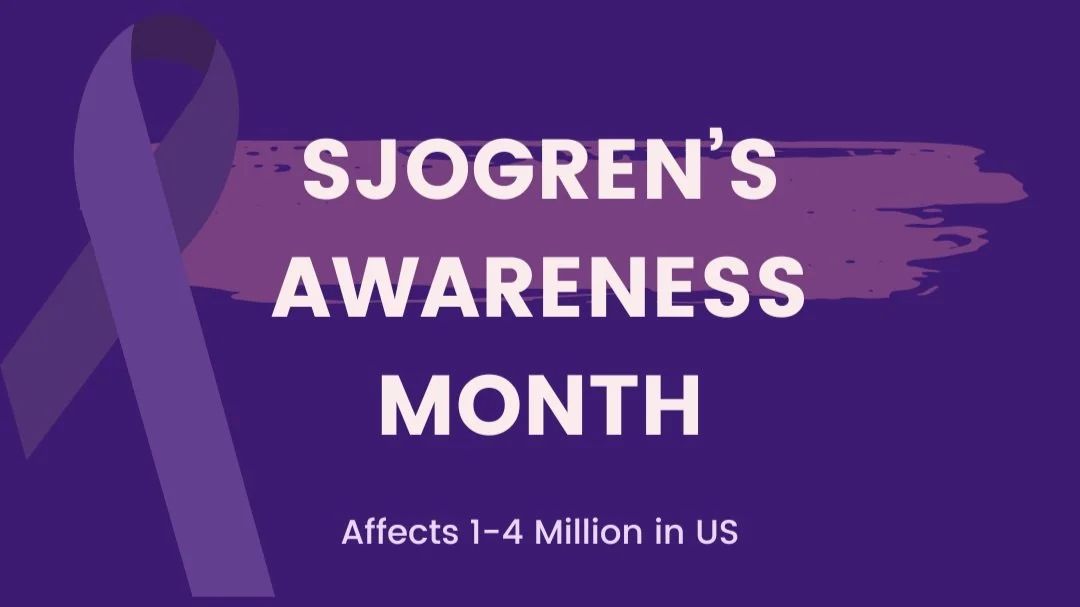Cold agglutinin disease
Evidence: Antibody
Names
Cold agglutinin disease
Anemia, hemolytic, cold antibody
Cold antibody hemolytic anemia
Cold antibody disease
CAD
Description
Cold agglutinin disease is a type of autoimmune hemolytic anemia in which the body's immune system attacks and destroys its own red blood cells. Unlike warm autoimmune hemolytic anemia, the autoimmune destruction of cells occurs when a person is exposed to cold, or their body temperature is below normal. Some patients experience heart problems because the heart has to work harder to make sure the body gets enough healthy red blood cells
Patient Groups
Prevalence
US Cases: 5,000 [Mullins 2017]
Typical Age of onset
CAD typically affects individuals between 50 and 70. Some studies suggest that it affects slightly more women than men.
Younger individuals develop CAD in connection with other diseases.
Symptoms
Fatigue
Dizziness
Headache
Cold hands and feet
Pale skin
Dark urine
Jaundice
Chest pain
Pain in the back
Pain in the legs
Vomiting
Diarrhea
Pain and bluish coloring of the hands and feet
A feeling of “fullness” caused by an enlarged spleen (splenomegaly)
Mottled discoloration of the skin (livedo reticularis)
Heart problems:
Irregular heartbeat (arrhythmia)
Heart murmur
Hnlarged heart
Heart failure
References
American Society of Hematology
NIH Genetic and Rare Diseases Information Center
Profile by: Candace Marks












